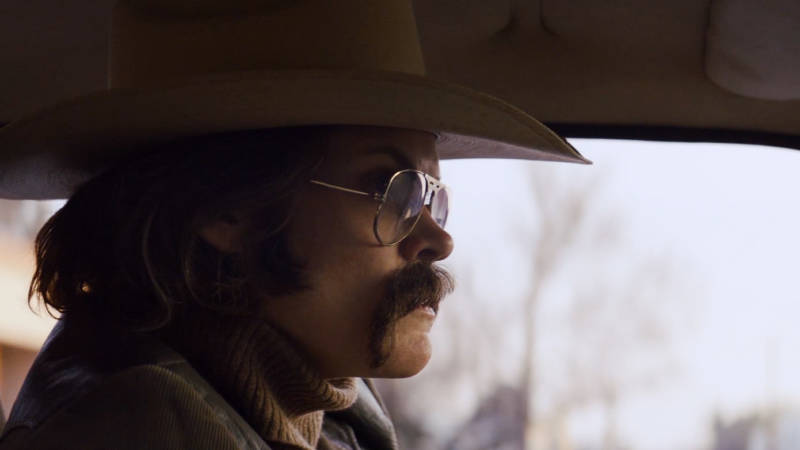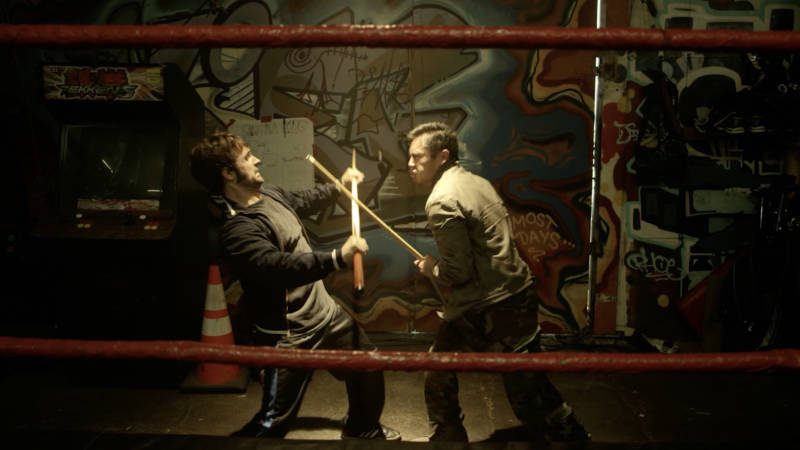Editor’s Note: Behind the Lens is a digital video series featuring bold California indie filmmakers pushing the boundaries of their craft. Each episode captures the personal experiences that inform a filmmaker’s work and the risks they take to bring stories to the screen.
Pete Lee has never been known to stay in one lane. He’s a writer and director; his short film Don’t Be a Hero premiered as an official selection at 2018’s Sundance Film Festival. He makes stylish, athletic music videos (for The Coup, Atmosphere and Aesop Rock, among others). He’s also a food photographer, a lifelong kung fu aficionado, an outspoken advocate for immigrants and homeless folks, and an erstwhile musician-slash-standup-comedian who likes to cover Mariah Carey.
But the most accurate word for Lee, really, is ringleader: wherever he goes, interesting people follow. You only need one glimpse of the Taiwan-born, Boston suburb-raised 36-year-old giving direction on a film set—or making jokes and bossing his friends-turned-sous-chefs around in his tiny kitchen in the Mission District as he cooks dinner for a packed house of local artists, writers and musicians—to understand you’re dealing with someone special.
Lee’s a ham, but there’s a distinctly collaborative thread that runs through his films: an eye for an unlikely pairing or mashup, a gift for knowing when to step back and let magic work—and then a tendency to just say “to hell with it” and invite everyone to join in. He’s scrappy in a way that screams Bay Area, drawn to artistic and logistical challenges that would make other filmmakers balk. And, whether solo or through Scandinavia, the Bay Area production company he co-founded, he always manages to get others excited about outrageous, sometimes far-from-lucrative creative endeavors as well.
His protagonists are often loners and outsiders. But: “I’m at my best when I’m in the company of other people,” is how Lee puts it. KQED Arts sat down with the filmmaker to hear more. —Intro by Emma Silvers

How did you get your start in filmmaking?



